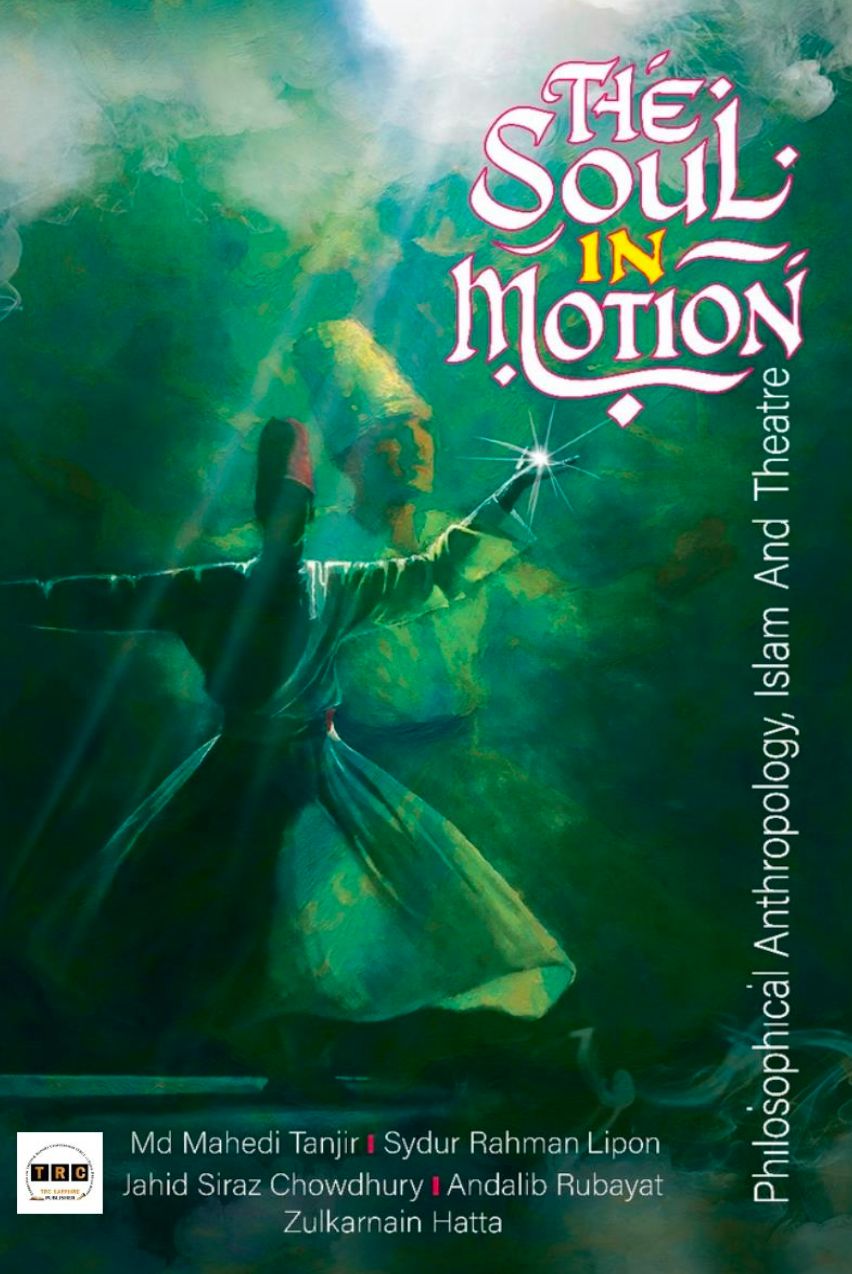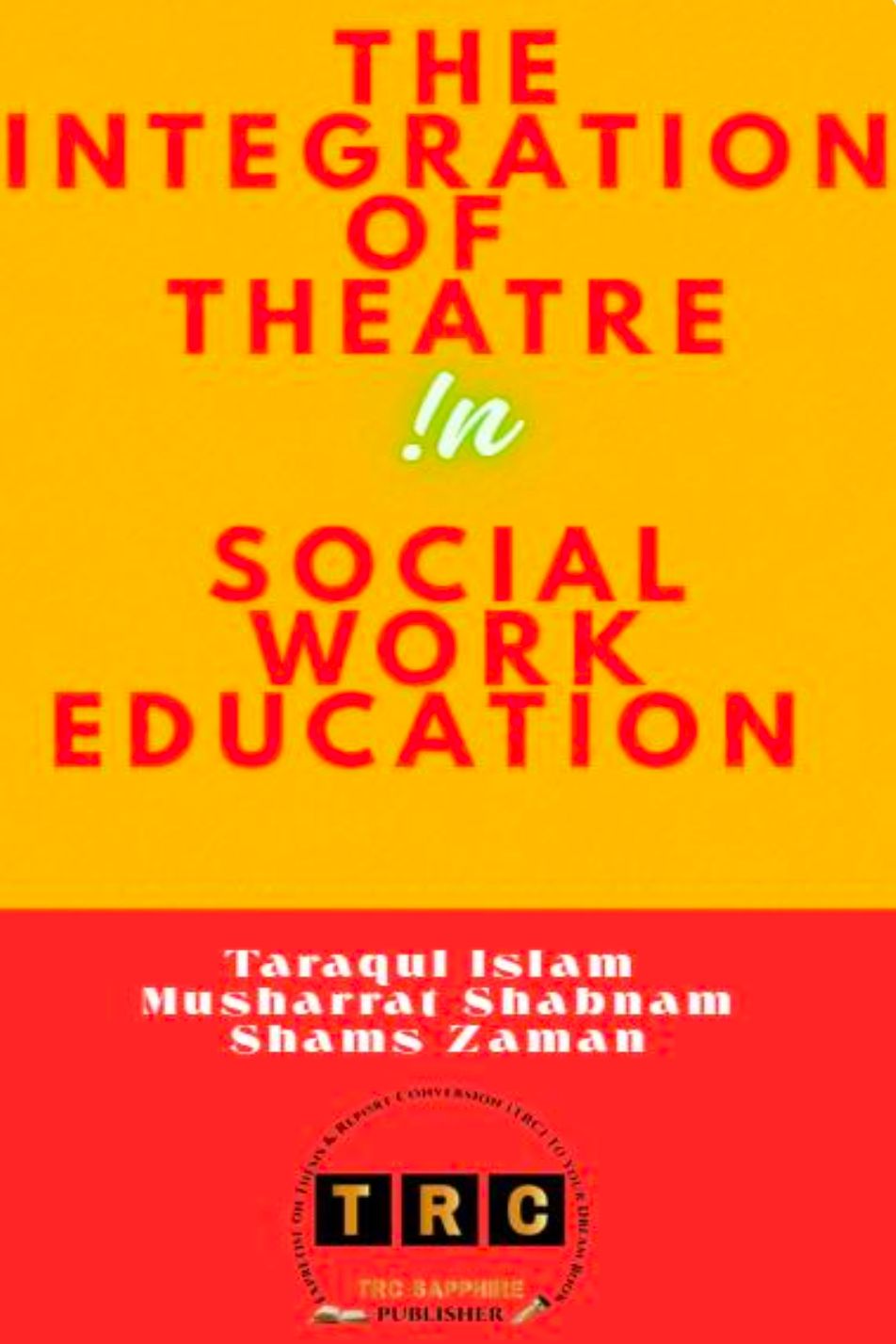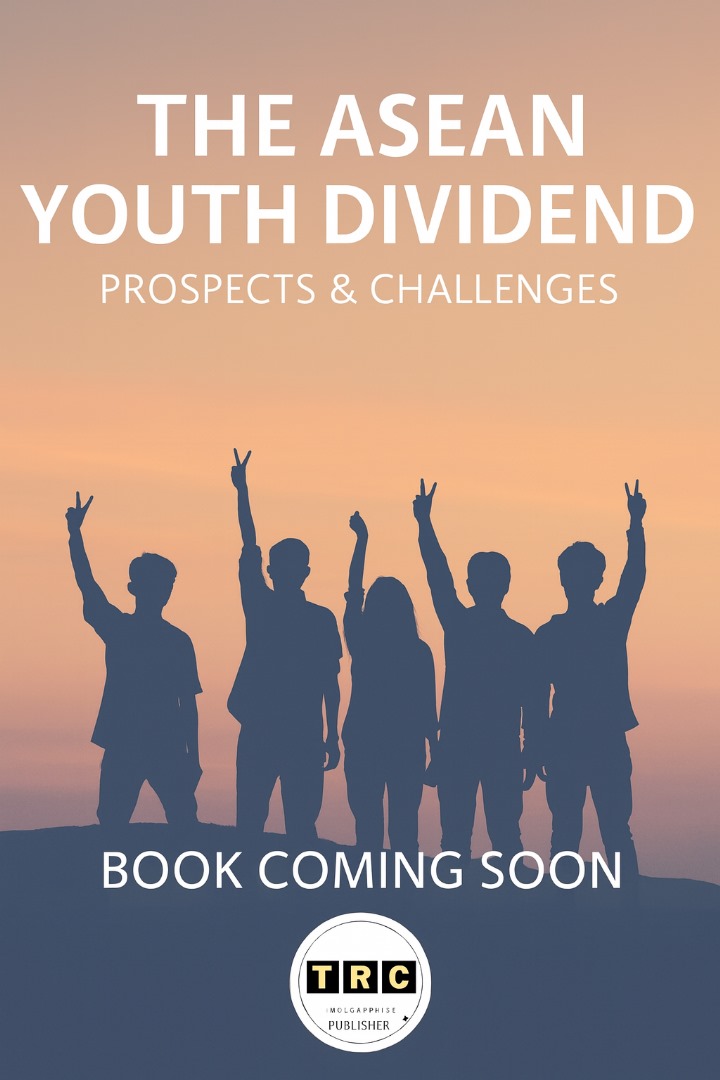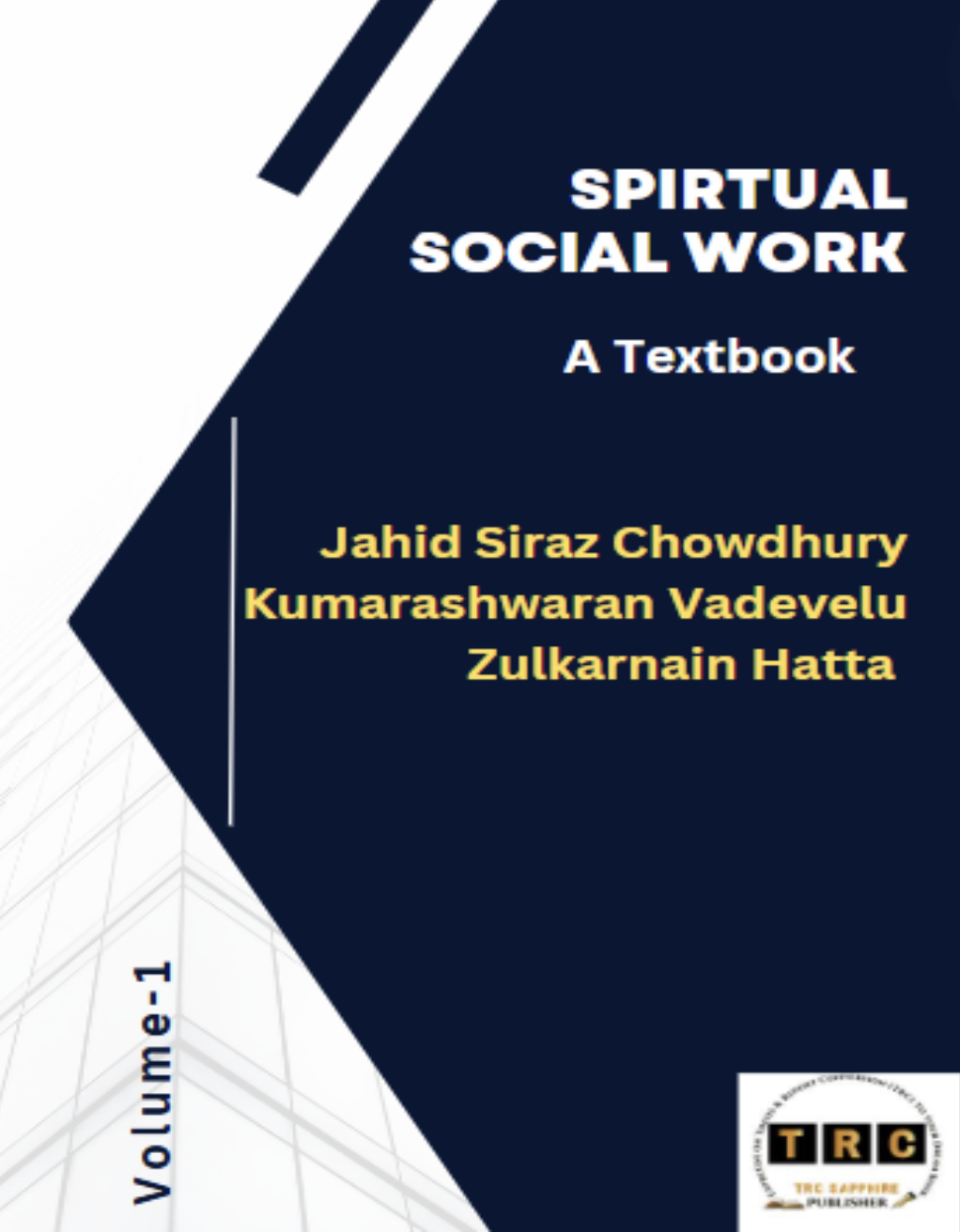

THE SOUL IN MOTION
PHILOSOPHICAL ANTHROPOLOGY, ISLAMIC AND THEATRE
Latest edition | 2024
Overview
This very book, ‘THE SOUL IN MOTION’ (2025), tried to grasp the immeasurable motion of the soul from the point of Philosophical Anthropology, giving emphasis on Islam, incorporating Theatre –the performing art discipline. The conceptual design of the book, including a unique methodological approach to deal with the discourse, stands undoubtedly innovative, explorative, and challenging as well. Soul – an immeasurable mystery as well as a reality is to be realized in the spiritual journey of man. This journey leads us towards the Ultimate Truth – the Supreme Power which starts from individual’s soul. Different religious philosophies have their own interpretations of soul which Islam too does have. Soul, being an abstract reality can be pointed out as ‘real’ as it is synthesized through realization. In spirituality, realization is a level, a point where man gets an unambiguous answer of his question, doubt or conflict.
‘Theatre’ on the other hand is the re-configuration of life, human behavior and attitude creating deep sense among the viewers in a ‘built space’. The space could be Proscenium or Non-Proscenium
Book Title:
THE SOUL IN MOTION: PHILOSOPHICAL ANTHROPOLOGY, ISLAMIC AND THEATRE
©
MD MAHEDI TANJIR, SYDUR RAHMAN LIPON, ANDALIB RUBAYAT,
JAHID SIRAZ CHOWDHURY, ZULKARNAIN HATTA
e-ISBN: 978-629-95092-6-4
Numeric barcode ISBN: 9786299509264
Publisher
TRC Sapphire Publisher
About this book
Table of Contents
The Soul in Motion
Philosophical Anthropology, Islamic and Theatre
Introduction
Background of the Book
Islamic Teachings on Soul, Self, and Solidarity
Theatre as a Medium for Reflection and Advocacy
Integrating Philosophical Anthropology, Islam, and Theatre
Challenges and Opportunities
Toward a Transformative Framework
References
Chapter One: Foundational Perspective
Introduction
Why This Uneven Concern
The Relevance of Philosophical Anthropology
The Spiritual Dimension in Human Understanding
Islamic Teachings on Soul and Self
Theatre as a Platform for Social Advocacy
The Purpose of Essentializing the Soul and Self
Conclusion
References
Chapter Two: Philosophical Anthropology and Islamic Teachings on Soul and Self
Introduction to Philosophical Anthropology
Theoretical Foundations
Historical Roots and Evolution
Key Concepts: Self, Consciousness, and Moral Agency
Debate Between Individualism and Collectivism
Islamic Perspectives on Soul and Self
Qur’anic Teachings on Nafs and Ruh
Prophetic Traditions on Self-Awareness and Social Justice
Spiritual Growth: Tazkiyah and Its Social Implications
Intersections Between Philosophy and Islam
Ethical Parallels Between Philosophical and Islamic Worldviews
Conclusion
References
Chapter Three: Theatre as a Medium for Social Solidarity and Change
Introduction
Historical Perspectives on Theatre and Social Solidarity
Theoretical Frameworks for Understanding Theatre’s Impact
Case Studies of Theatre Initiatives for Social Change
The Role of Theatre in Promoting Empathy and Understanding
Theatre and Activism
Ethical Considerations in Theatre for Social Change
Impact of Technology on Theatre
Global Case Studies
Theatre of the Oppressed – Brazil
Budhan Theatre – India
The Freedom Theatre – Palestine
ACT Now Theatre – Australia
Community Theatre – Italy
Miunikh–Damaskus Theatre
FESPACO – African Theatre
Diversity and Inclusion in Theatre
Funding and Sustainability
Assessing Effectiveness and Methodologies
Collaborations and Partnerships
Challenges and Limitations
Conclusion
References
Chapter Four: Integration of Philosophical Anthropology, Islamic Teachings, and Theatre
Introduction
Theoretical Frameworks
Bridging Philosophy, Islam, and Performance
Central Themes: Soul, Self, and Solidarity
The Role of Spirituality in Ethical Theatre
Practical Applications
Designing Performances Reflecting Ethical Values
Community Engagement and Participatory Theatre
Workshops for Advocacy, Empathy, and Healing
Case Studies
Amakhosi Theatre, Zimbabwe
Forum Theatre for Social Responsibility
Theatre for Social Critique
Theatre for Social Change in the Modern World
Theatrical Interventions in Human Rights Promotion
Islamic-Inspired Performances for Social Change
Conclusion and Future Directions
References
Chapter Five: The Interplay of Soul, Self, and Human Rights
Key Insights and Contributions
The Transformative Potential of Philosophical Anthropology
Islamic Teachings as a Moral Compass for Theatre
Theatre as a Platform for Solidarity and Justice
Implications for Human Rights and Social Solidarity
Soul and Self as Foundations for Ethical Advocacy
Addressing Marginalization Through Performing Arts
Recommendations and Future Research
Cross-Cultural and Interfaith Approaches
Digital and Virtual Theatre Innovations
Evaluating Long-Term Social Impact
Concluding Thoughts
About the author (5)
Zulkarnain Hatta
Zulkarnain Hatta DSW is a renowned Malaysian academic and social work expert with over three decades of experience in teaching, research, and policy consultancy. He currently serves as Professor and Former Dean at Lincoln University College, Malaysia. Holding a Doctor of Social Work (Howard University), his research focuses on displaced populations, Islamic social work, poverty alleviation, and spirituality. He has supervised numerous PhDs, authored many books and articles, and served as a visiting professor in Japan and Indonesia. Prof. Zulkarnain is also a former Vice President of IASSW and President of APASWE, contributing extensively to global social work education
Andalib Rubayat
Andalib Rubayat (AKA Pantha Rahman) is currently working as a senior lecturer in the Media Studies and Journalism Department of the University of Liberal Arts, Bangladesh (ULAB). Before joining ULAB, he worked as an adjunct lecturer at the Institute of Comparative Literature and Culture at Jahangirnagar University, teaching literature and film to the undergrad students. Now he is a Ph.D. Student of Lincoln University College, Malaysia. He completed his MA from the New York Film Academy (Los Angeles) and has over 10 years of experience working in media productions. His short film "Deceased" was screened at the renowned Warner Bros. Studio. Later, it was screened at 12 international film festivals. His COVID film "Life Was Beautiful" has been screened at 17 international film festivals and won 14 best film awards in different categories. A case video he worked on as director of photography, "The Impossipuzzle Poster," became a finalist at the prestigious Cannes Lions International Festival of Creativity.
jahid siraz chowdhury
Jahid Siraz Chowdhury, Ph.D., is a researcher and scholar committed to reciprocal knowledge creation, bridging the gap between indigenous wisdom and global legal frameworks. His work critically examines how sociology of knowledge shapes research practices, advocating for a phronetic approach that values practical, ethical, and context driven inquiry. He actively engages with Indigenous knowledge systems, seeking ways to integrate them into international agreements such as the CBD (Convention on Biological Diversity), Nagoya Protocol, and ILO standards, while aligning with the Sustainable Development Goals (SDGs). Dr. Chowdhury highlights the disproportionate impact of mainstream education systems on marginalized students and challenges Eurocentric knowledge production. He champions knowledge democracy, ethical research, and Ihsanic action. His ultimate goal is to redefine research as a reciprocal process, free from regional, religious, or racial biases, ensuring that academic outcomes genuinely benefit communities rather than remaining abstract theories.
Author Md Mahedi Tanjir
Md Mahedi Tanjir is an Assistant Professor in the Department of Theatre and Performance Studies at Jatiya Kabi Kazi Nazrul Islam University (JKKNIU), Bangladesh and now he is a PhD student at Lincoln University College, Malaysia, A distinguished theatre academic, director, and researcher, he specializes in performance theory, actor training, and cultural studies. His extensive body of work includes directing numerous theatrical productions and designing stage performances. His research explores themes such as ritual practices in theatre, globalization in performance, and the representation of women in traditional folk theatre. Mahedi has published extensively in reputed theatre and performance journals and has participated in numerous national and international theatre festivals, in Spain, South Korea, and India. He is also an experienced filmmaker. His academic and artistic pursuits aim to understand the philosophy and the spirituality of performance and bridge traditional performance practices with contemporary theatre discourse.
Sydur Rahman Lipon
Sydur Rahman Lipon Ph.D is an Associate Professor and Head of the Department of Theatre at Tagore University of Creative Arts, Dhaka. He specializes in ethnological and folk theatre, applied theatre, and performance studies. With a Ph.D. from the University of Dhaka, his research explores indigenous theatrical traditions of Bangladesh. Dr. Rahman has worked with UNESCO as a cultural heritage researcher and has directed numerous theatrical productions. His work spans academia, consultancy, and facilitation in theatre education and development, contributing extensively to research and publications in performing arts.
Similar books being viewed by others
Bibliographic Information
Book Title
THE SOUL IN MOTION
Book Series
THE SOUL IN MOTION
Book Subtile
PHILOSOPHICAL ANTHROPOLOGY, ISLAMIC AND THEATRE
Book URL
https://trc-sapphirepublisher.com/book/the_soul_in_motion
Book Author
Publisher
www.globalpublisher.com
Keywords
Soul Theatre Anthropology Sufism


